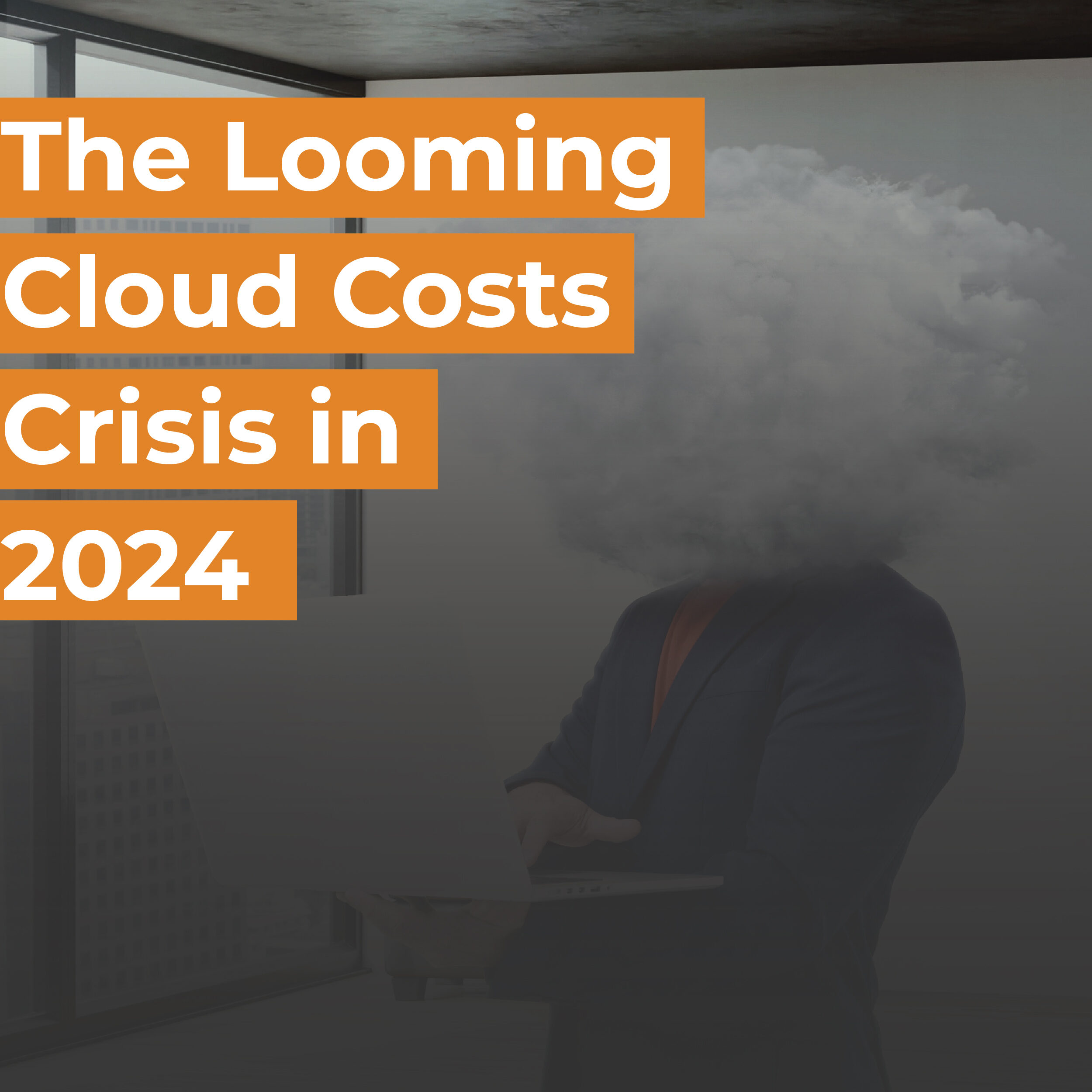The COVID-19 pandemic has pushed many companies to use cloud services, allowing employees to work remotely and driving digital transformations. But this instant switch has made it tough to manage cloud expenses. A study by Cloudzero predicts that global spending on cloud computing will cross $1 trillion by 2024, growing at a rate of 16% each year. Many organizations are finding it tough to stay within their budget and are dealing with unexpected expenditures. International Data Group and IT services provider Insight found that 60% of organizations ended up spending way more on public cloud services than originally planned.
This swift increase underscores the critical role of effective cloud cost management. When executed correctly, it can convert expenditure data into valuable insights for the business and equip companies with the means to fine-tune their cloud infrastructure for better financial efficiency.
CloudZero’s recent survey revealed that more than half of the companies reported manageable cloud costs in 2024, with 58% of respondents indicating that their cloud expenditures were excessively high. Of particular concern, the survey data demonstrated a rise in the proportion of companies characterizing their costs as “way too high” – increasing from 11% in 2022 to 14% in 2024.
Are Jobs at Risk?
3 out of 4 employees are worried about job security if there’s a sudden 50% or more hike in cloud expenses. The concern is even more pronounced in big companies, where all employees in firms are more than 9,000 staff feel their jobs could be at risk.
This situation underscores the pressing necessity for companies to adopt robust strategies for managing cloud expenses. It’s essential to strike a careful balance between fostering innovation and maintaining financial management.
GenAI’s emerging role
The rise of generative AI is reshaping how cloud services are priced alongside factors like IT wages and the cost of powering data centers. For instance, Salesforce pointed to its new generative AI features as a reason for its recent price hike — the first in seven years. Similarly, ServiceNow is incorporating generative AI into its higher-tier IT Service Management, Customer Service Management, and HR Service Delivery offerings, setting these at a premium above their Pro versions.
Generative AI (GenAI) is revolutionizing diverse sectors, and cloud management is no exception. By streamlining repetitive tasks and delivering refined insights, GenAI has the capacity to yield substantial reductions in labor expenditures while concurrently maintaining operational effectiveness.
Poor planning, issues with merging different systems, and costs for moving data around are the main reasons for overspending. To restrain cloud-related costs, Chief Financial Officers are encouraged to take a provident approach and put in place solid cost management procedures. Controlling cloud costs means carefully analyzing and optimizing spending to make sure organizations get the ideal value for their money.
